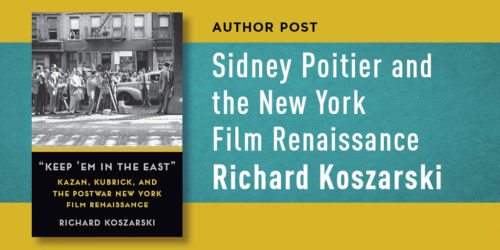Nicholas Rombes: 10/40/70 on The Rumpus
“No compromise: the film must be stopped at these time codes. Constraint as a form of freedom.”—Nicholas Rombes
The always-worthwhile and consistently engaging (and fun) The Rumpus is currently running a great series of posts from Nicholas Rombes, author of Cinema in the Digital Age and the editor of New Punk Cinema.
In the posts, Rombes talks about films by freezing them at 10, 40, and 70 minutes and discussing the frames as a guide to writing about that film. Rombes selection is as intriguing as it is diverse, including looks at such classics as Out of the Past and Cléo from 5 to 7; cult classics like Punishment Park and Starship Troopers; and the blockbuster Twilight: New Moon.
All of Rombes’s posts are excellent yielding fascinating new insights into the films and his writing is lively and smart. Here is an example from his post on Punishment Park, which seems to be enjoying a resurgence after years of obscurity. (For those in NYC, it will be shown at Anthology Film Archives this weekend.)

40 minutes:
Shot on 16mm, Punishment Park is pre-Dogme 95, and faster and more violently-edited than the cinema vérité fashionable at the time. Points of view shift, as if by earthquake, from the militant hippies to the police in pursuit, to the tribunal. We are with the police in this frame, joining in the thrill of pursuit, and as they catch up with and begin to assault and apprehend the “defendants” — you know what? It feels good. Frames like this, which accumulate into scenes, helped doom Punishment Park to obscurity for nearly 30 years. For the Left, the film failed to offer solutions to the cultural crisis at the time and occasionally identified too closely with the agents of the Establishment. For the Right, the film was an irresponsible, exploitive, alarmist dystopian vision of the Homeland. Where Easy Rider had cloaked its contradictions in music and flashes of humor, Punishment Park not only does not disguise its contradictions, it sharpens them.Moments before this frame, one of the pursued defendants looks directly at the camera and, in a calm voice, says: “At another time, the honorable thing or the right thing to do might be to be a policeman or to be president. Right now, I think the honorable thing to do is to be a criminal.”


